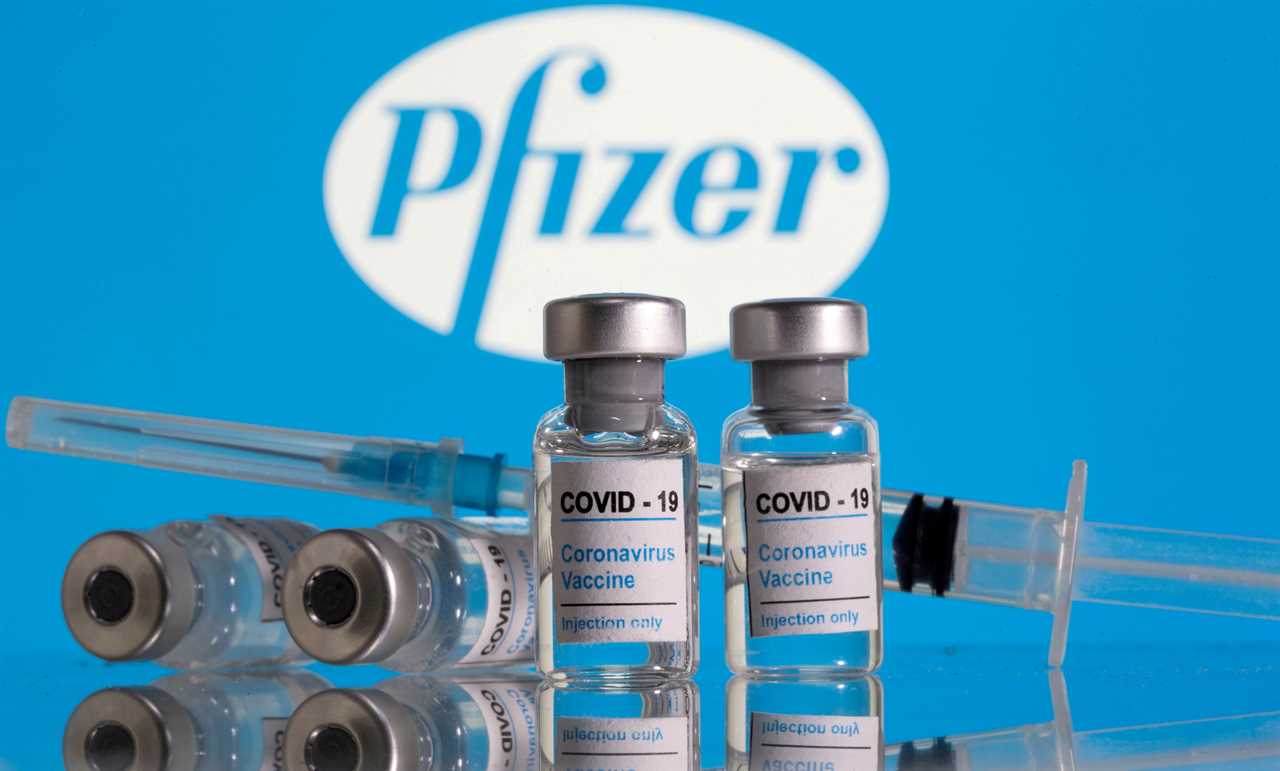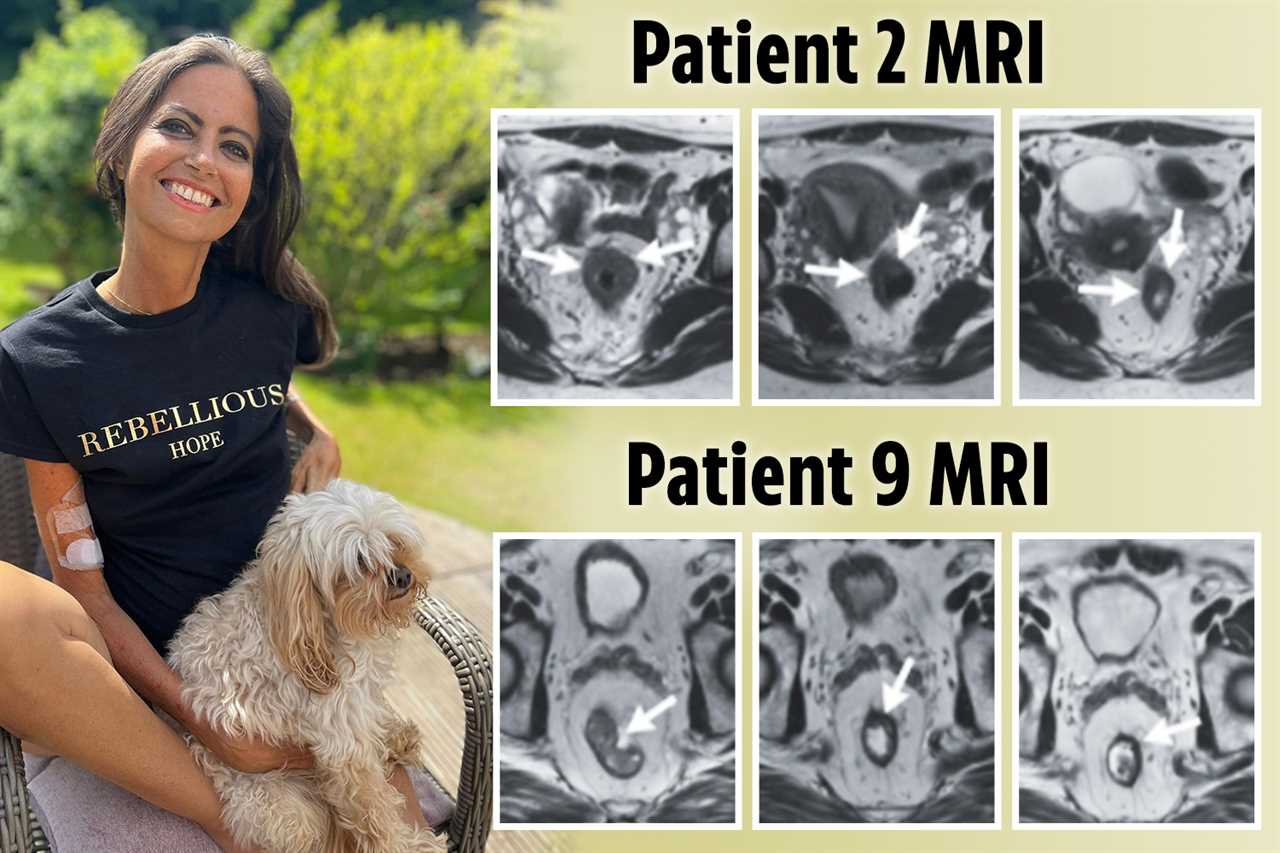A BREAKTHROUGH cancer vaccine using Covid jab science could stop tumours growing back after surgery
The way Pfizer’s jab works can also be used to boost tumour-busting immune cells, say boffins.

In a world-first trial by New York’s Memorial Sloan Kettering Cancer Center, half of patients were still cancer-free 18 months after their op.
The nine-dose vaccine uses technology called mRNA which injects genetic code to make immune cells that target cancerous cells.
In the trial, the vaccine triggered an immune response in eight out of 16 pancreatic cancer patients, scientists revealed at the American Society of Clinical Oncology conference.
Their bodies produced killer white blood cells that kept cancer relapse at bay for more than 18 months.
Read More on Health
Cancer grew back in six out of eight patients who the jab did not work for, with an average relapse time of 13.4 months.
Scientists do not know why the vaccine only worked for half but hope they can increase the success rate to all surgery patients — up to one in five cases.
The mRNA — messenger ribonucleic acid — is made in labs to make the body attack mutant cells that usually slip under the radar and spread.
The code tells the body to make proteins which are the body’s building blocks.
Study author Dr Vinod Balachandran said: “These mRNA vaccines appear to stimulate immune responses. We’re very excited.”
Dr Chris MacDonald, of Pancreatic Cancer UK, said: “It’s genuinely thrilling to see this progress in a cancer so under-served for so long.
“This is a very early, small scale trial but the results are certainly promising. We desperately need more treatment options for pancreatic cancer.
“A vaccine such as this would be a vital weapon against the deadliest common cancer.”
Some 10,500 Britons get pancreatic cancer each year.
Read More on Trending In The News
Treatment nearly always fails.
Three out of four patients die within a year.









